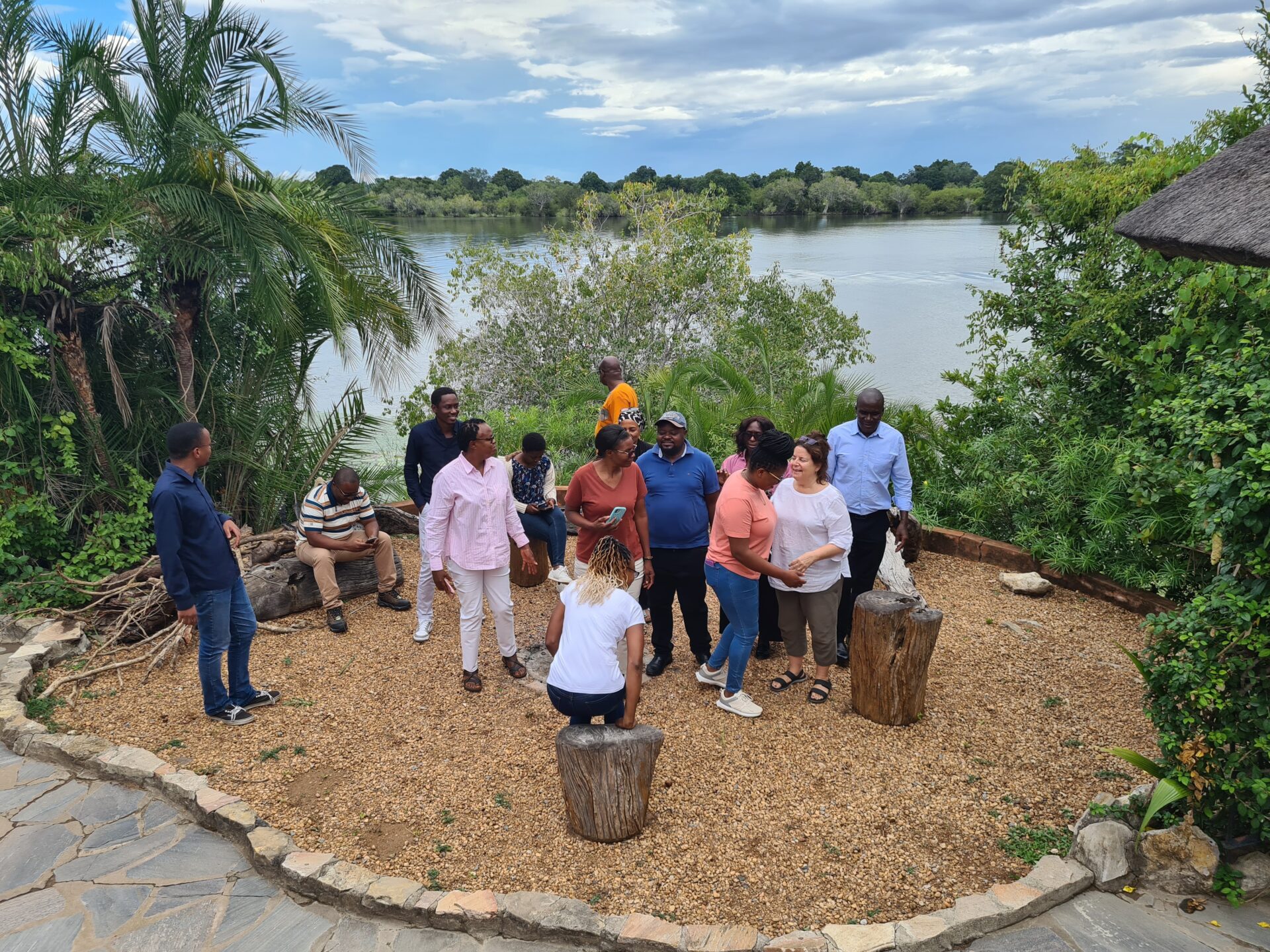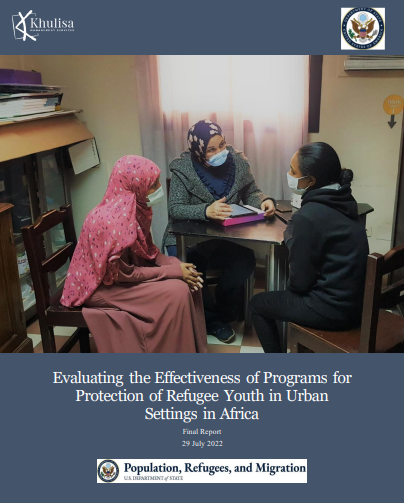In our recent blog post, Choosing the Right Methodology for a Specific Situation, Khulisa evaluators Martha Muco and Jesse Webb described the process of choosing an evaluation method for a survey of refugee youth in three African cities. The story is a great illustration of how important it is to consider the needs of your subjects when choosing a survey methodology.
The project involved collecting data from refugee youth between the ages of 15 and 24 in Cairo, Egypt; Alexandria, Egypt; and Kampala, Uganda. When considering the best way to do this data collection, the Khulisa team had to think creatively.
“Collecting data from vulnerable populations often requires a keen sensitivity to their situation,” Martha and Jesse wrote in the blog post. Young refugees tend to be on the move and don’t always have access to basic technology, like smart phones or the internet. Confidentiality and data privacy are also particularly important for members of such vulnerable populations. “When collecting data from these groups, evaluators must cater to their circumstances to ensure data is accurate and the respondents’ information is protected and secure.”
Khulisa decided to use intercept interviews (II), a somewhat unconventional survey method, to collect data from these refugee youth. II allowed the Khulisa enumerators to interview respondents in person, often in public or outdoor settings, using handheld tablets. Interview subjects did not need access to their own technology to participate in the survey, and they were not asked for any identifying information except their first name (optional) and age.
Despite a few minor challenges, the Khulisa team achieved a significant sample size (320 interviews) for the survey and completed the data collection in a relatively short period of time (two weeks in each country). “We know II was the best, most practical, and most adaptive option to collect quantitative data for this particular evaluation.”
Read more about intercept interviews in the blog post, and stay tuned next week for tips on how to conduct effective intercept interviews.


